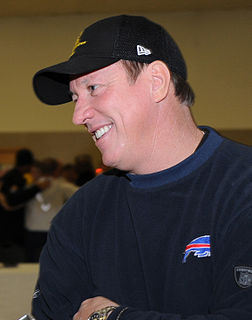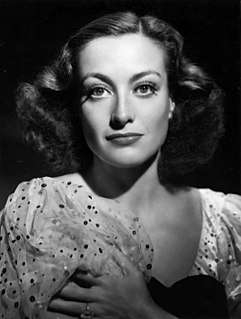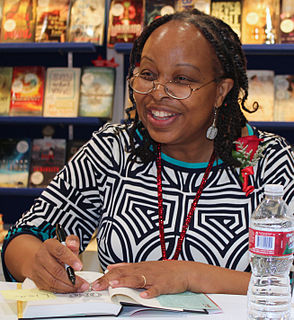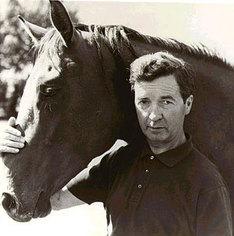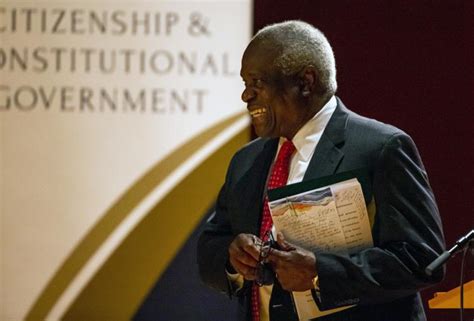A Quote by Octavia E. Butler
I pecked my stories out two-fingered on the Remington portable typewriter my mother had bought me. I had begged for it when I was ten.
Related Quotes
I had read the criticisms of me and my movies and they were discerning. They said that Crawford needs a new deal, and they asked if I was doomed to explore forever the emotional misfortunes of the super-sexed modern young woman. And so, to break away from the pattern, I wanted to do "The Gorgeous Hussy". Selznick laughed at me. 'You can't do a costume picture. You're too modern.' But I begged and begged and begged, and so they let me do it. I was totally miscast.
I had read the Animal House script, and by hook and crook, I finally got an audition. It was a great one. John Landis followed me out into the hallway afterward and said, "I've never done this before, but you've got the job. Now don't tell anyone!" I've never had a director do that. It was one of those Hollywood-dream-come-true stories. They saw me as a surfer or cowboy, not a preppie, but someone begged and borrowed me an audition, and I went in and got it.
I'm very objective about what I want to have happen to my protagonists and where that has to come from. On one hand, it does help me that I had a mother who might have taken the last dollar and bought a pack of cigarettes or something, but I also had a mother who exposed me to art, music, other religions, different foods. My mother was very adventurous in her own way, so she fed the part of me that was going to grow up to be a writer. But there's always, too, the opposite response that helps me to create.
Before 'Dilbert,' I tried to become a computer programmer. In the early days of computing, I bought this big, heavy, portable computer for my house. I spent two years nights and weekends trying to write games that I thought I would sell. Turns out I'm not that good a programmer, so that was two years that didn't work out.
As a writer, politician, scientist, and businessman, [Ben] Franklin had few equals among the educated of his day-though he left school at ten. (...)Boys like Andrew Carnegie who begged his mother not to send him to school and was well on his way to immortality and fortune at the age of thirteen, would be referred today for psychological counseling; Thomas Edison would find himself in Special Ed until his peculiar genius had been sufficiently tamed.

